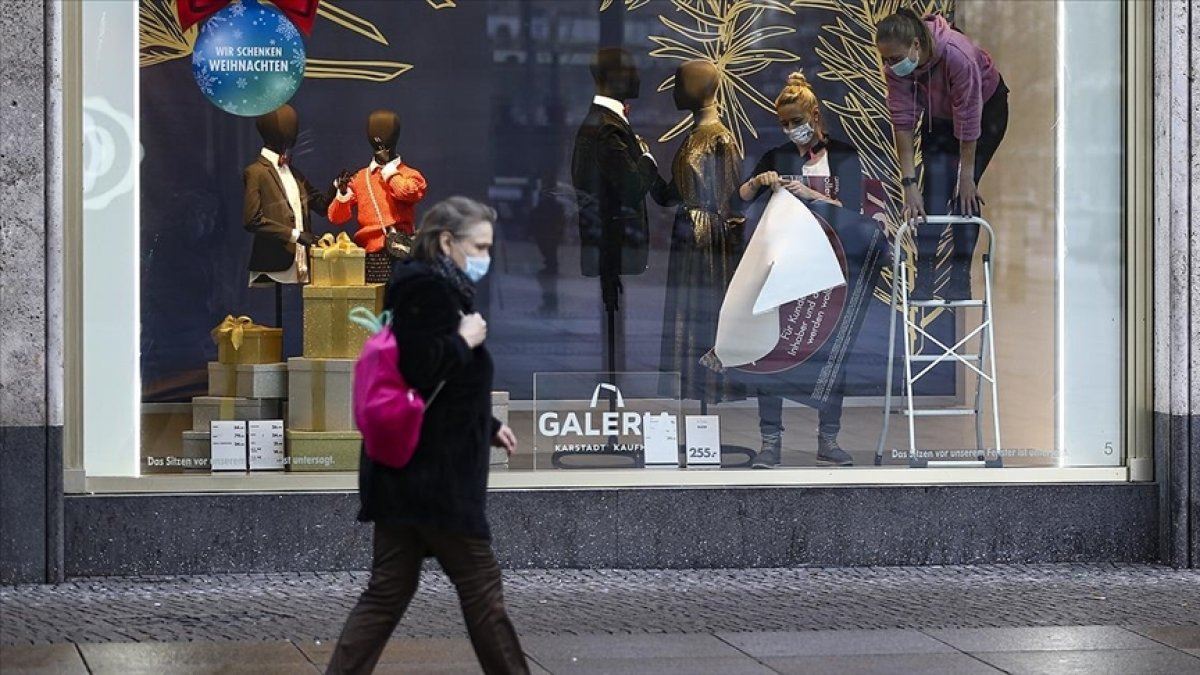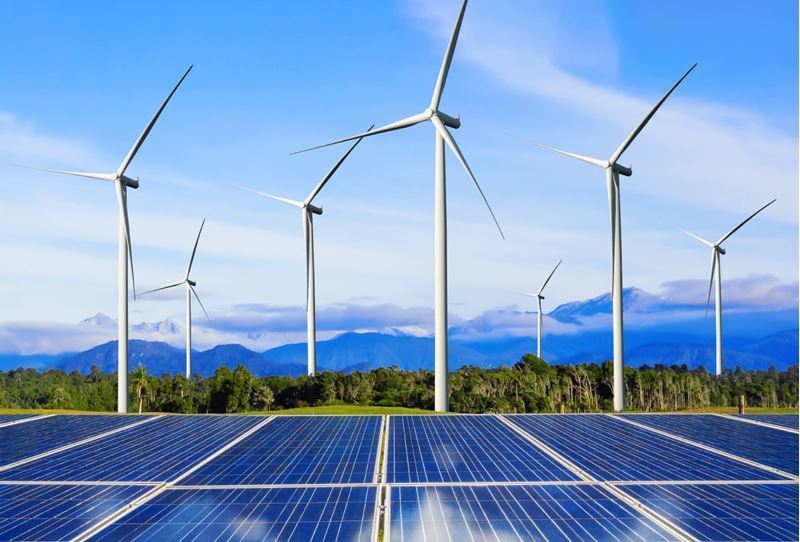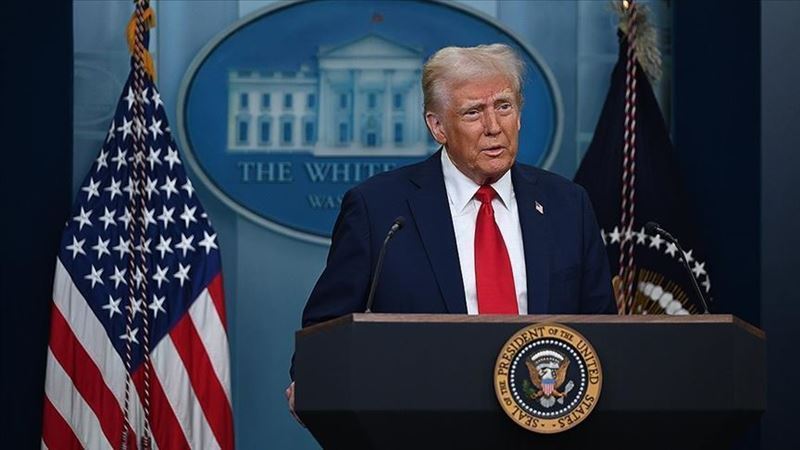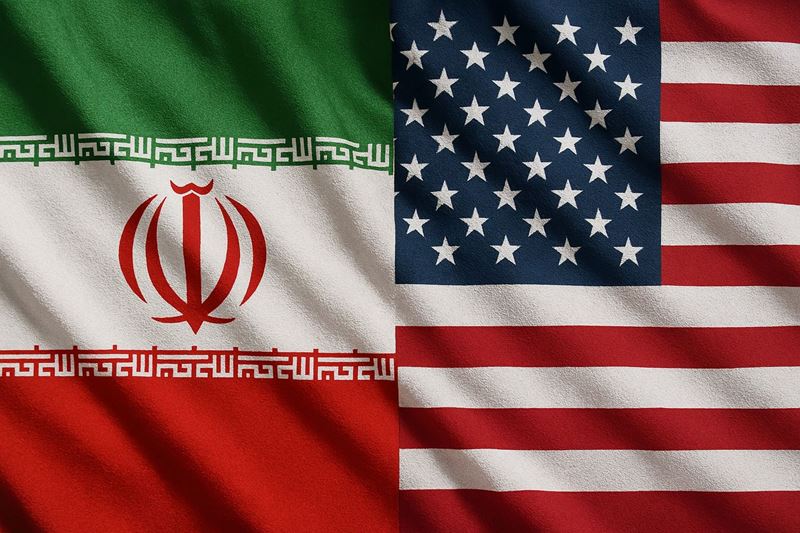Germany's Federal Statistical Office (Destatis) reported that annual inflation in Germany, which was 5.2 percent in November 2021, increased to 5.3 percent in December 2021 due to energy prices and the epidemic, reaching the highest level of the last 30 years.
HIGHEST LEVEL SINCE 1992
This was the highest inflation rate since June 1992 (6.2 percent). Inflation in the country increased by 0.5 percent on a monthly basis.
INCREASING ENERGY PRICES WAS EFFECTIVE
It is noteworthy that energy prices increased by 18.3 percent on an annual basis, while the annual increase was 6 percent in food prices and 3.1 percent in services.
EU-compliant leading CPI in Germany increased by 0.3 percent in December compared to the previous month and by 5.7 percent annually.
Destatis also reported that inflation averaged 3.1 percent in 2021, reaching its highest level since 1993.
Meanwhile, before the coronavirus epidemic, inflation was 1.4 percent in 2019 and 0.5 percent in 2020, the first year of the epidemic.
Experts say that annual inflation in the country has remained high for the last 6 months; He stated that the end of VAT reductions, supply bottlenecks, and the increase in raw material and energy prices were effective.
INFLATION WILL DOWN IN THE COMING MONTHS
Analysts expect inflation in Germany to decline in the coming months as the base effect in price comparisons is over.
The Economic Expertise Board (SVR), which provides economic advice to the German government, expects average inflation to be 3.1 percent this year and 2.6 percent next year.
"INFLATION CANNOT BE EXPECTED TO DOWN A FLAT LINE"
ING Germany Chief Economist Carsten Brzeski, in his assessment on the subject, stated that the highest inflation increase has been seen in Germany since the early 1990s in 2021, “Today's inflation figures indicate the peak of the increase in inflation rates. However, it is unlikely that inflation will go down in a straight line from here.” used the phrase.











Comments
No comment yet.